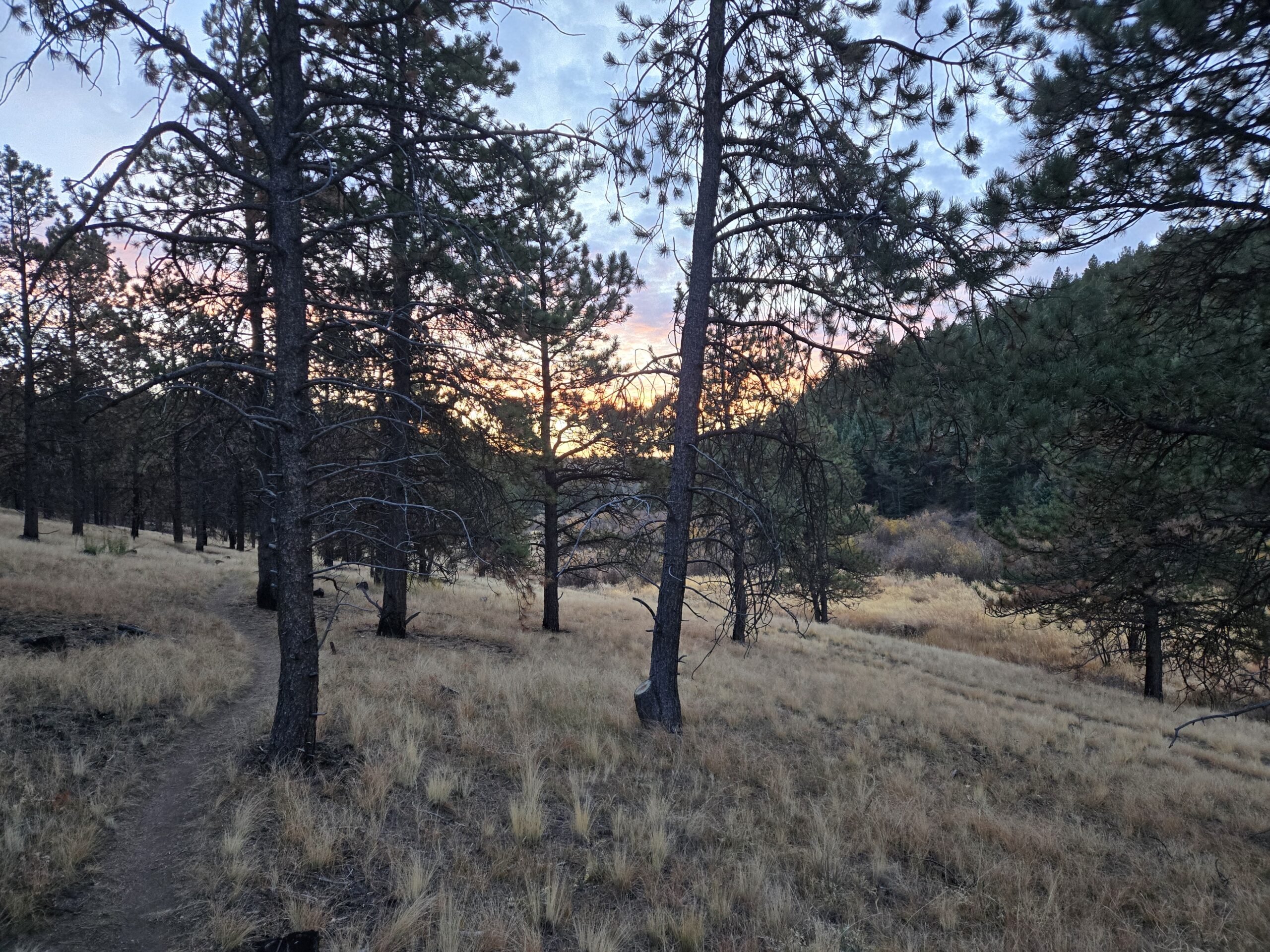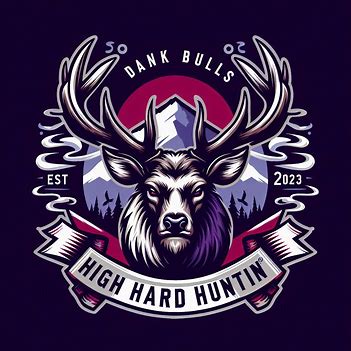
The Beard Advantage: A Hunter’s Secret Weapon
Last season, as I trudged up the rugged Colorado ridges with the rest of the Dank Bulls, the wind was relentless. It swirled through the pines, carrying the icy bite of autumn deep into my bones. The others seemed unbothered, their bearded faces offering some protection against the harsh gusts. But me? I was clean-shaven, and every shift in the wind sent a shiver down my exposed skin. It wasn’t just the cold that bothered me—it was the feeling that I was missing out on something vital. My buddies with their thick, rugged beards seemed to know exactly where the wind was coming from, almost like they had a sixth sense.
I soon realized they did. They explained that their facial hair was more than just insulation; it was an early warning system, a natural wind detector. The slightest breeze against their whiskers gave them an immediate sense of direction, allowing them to adjust their position before the wind carried our scent to the ever-watchful noses of the elk. Elk hunting is all about playing the wind, staying downwind so the animals don’t catch your scent. But without the feedback from a beard, I was a step behind, constantly guessing if the wind had shifted and hoping I wasn’t giving away our position.
As the days went by, I watched my bearded friends react almost instinctively. The wind would change, and I’d see them pause, tilt their heads slightly, and adjust their stance with a quick glance at me to follow suit. They could feel every tiny shift, even when the wind was barely a whisper. Meanwhile, I was relying on my finger to the air or tossing up dried leaves, methods that felt crude and unreliable by comparison. It became clear that the beard wasn’t just keeping their faces warm—it was giving them a crucial edge in reading the wind, allowing them to move more stealthily through the dense forest.

We came close to bagging a bull several times, but something always seemed to tip them off at the last moment. I couldn’t help but wonder if my inability to detect those subtle shifts in wind direction had cost us the hunt. I imagined the scent from my gear drifting on the breeze, alerting the elk before we ever saw them. The more I thought about it, the more it made sense. The old-timers in our camp, with decades of hunting under their belts, swore by the beard for good reason—it wasn’t just a matter of tradition, but a tactical advantage honed by years of experience.
By the time we packed up camp, I had made up my mind: next year, I’m growing out my beard. Not just for warmth, but to sharpen my instincts. I want to be able to feel the wind on my face and know, instantly, how to adjust. No more second-guessing or relying on crude methods. If those whiskers can help me detect the faintest breeze and keep me hidden from a bull’s keen senses, it’s worth the commitment. I’ll grow it out thick and let it serve as my guide, turning the wind into an ally rather than a foe.
So, this winter, I’ve stashed away the razor. By the time next hunting season rolls around, I’ll have a beard that rivals any seasoned hunter in the group. I’ll be able to feel those tiny shifts in wind direction, to adjust on the fly and, hopefully, close the distance on that elusive bull. The Dank Bulls will be back, but this time, I’ll be more attuned to the mountains than ever before. Because out there, sometimes the smallest advantages—like a face full of hair—can make all the difference.




